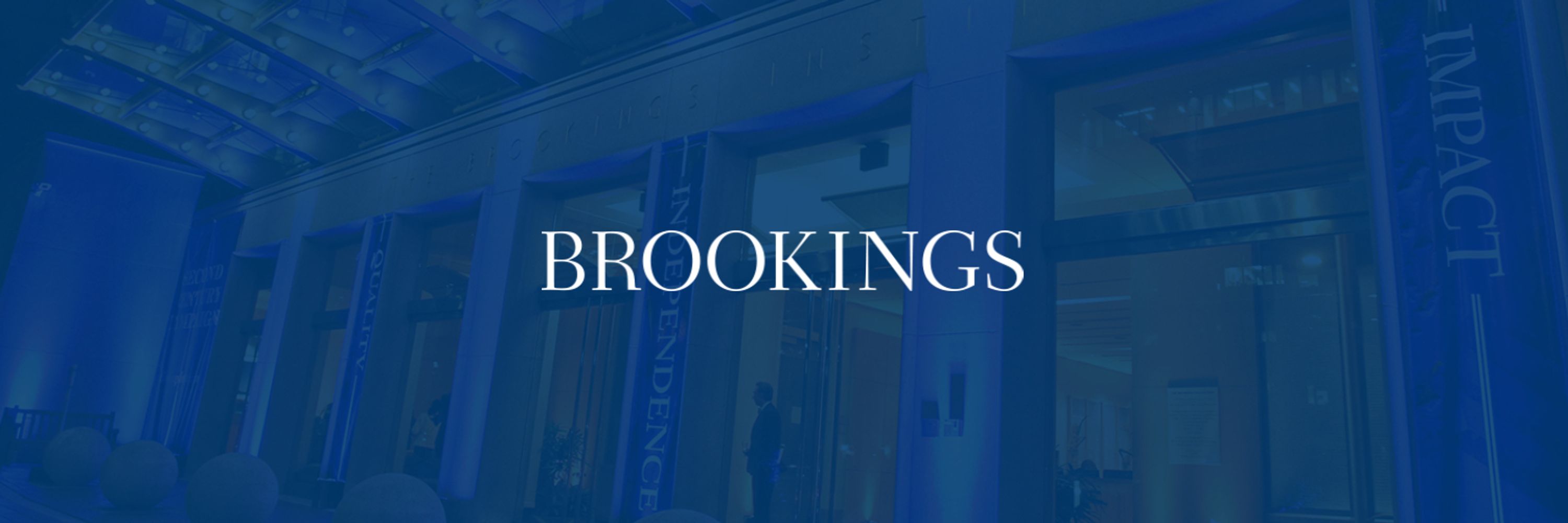
Learn about the history, rationale, and practical implications of Fed independence.

Learn about the history, rationale, and practical implications of Fed independence.

Read more of Frey's findings: https://brook.gs/4aO4WmN

Read more of Frey's findings: https://brook.gs/4aO4WmN


Listen to the episode: https://brook.gs/3YuCkrq


Listen to the episode: https://brook.gs/3YuCkrq

Vanda Felbab-Brown explores the U.S. operation to capture Maduro and the future of Venezuela's governance.

Vanda Felbab-Brown explores the U.S. operation to capture Maduro and the future of Venezuela's governance.




Vanda Felbab-Brown examines the implications for domestic enforcement and international counternarcotics efforts.

Vanda Felbab-Brown examines the implications for domestic enforcement and international counternarcotics efforts.
Tracy Hadden Loh and Glencora Haskins find mixed trends, including a sharp decline in local spending after the August National Guard deployment. Read their latest DMV Monitor update ⬇️

Tracy Hadden Loh and Glencora Haskins find mixed trends, including a sharp decline in local spending after the August National Guard deployment. Read their latest DMV Monitor update ⬇️



Host Tony Pipa explores how local voices are shaping the future of their community.

Host Tony Pipa explores how local voices are shaping the future of their community.

www.youtube.com/watch?v=xeIA...

www.youtube.com/watch?v=xeIA...

Experts examine the implications for U.S. foreign policy.

Experts examine the implications for U.S. foreign policy.

www.brookings.edu/events/asses...

www.brookings.edu/events/asses...

